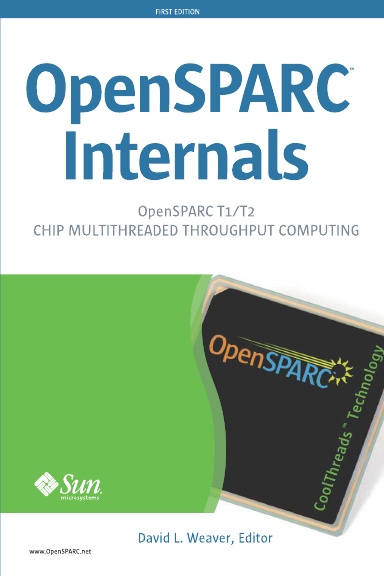In theory it's pretty easy to generate a bitmask for a range of bits:
unsigned long long mask(int bits) {
return mask = (1ull << bits) - 1;
}
You need to specify that the 1 being shifted is an unsigned long long otherwise it gets treated as a 32-bit int, and the code only works for the range 0..31.
However, this code fails to work on x86. For example:
#include <math.h>
#include <stdio.h>
unsigned long long shift(int x) {
return (1ull << x) - 1;
}
int main() {
printf("Value %0llx\n", shift(64));
}
This returns the value 0 for the result of shifting by 64 when run on x86.
The reason for this can be found in the Intel docs (Vol. 2B 4-583):
The count is masked to 5 bits (or 6 bits if in 64-bit mode and REX.W is used). The count range is limited to 0 to 31 (or 63 if 64-bit mode and REX.W is used).
The result of this is that the one is shifted by zero - ie remains unchanged - and subtracting 1 from that produces the value zero.
Unfortunately, this means we need a more complex bit of code that handles shifts of greater than 64 correctly:
unsigned long long mask(int bits) {
return mask = (bits >= 64 ? -1 : (1ull << bits) - 1);
}




No comments:
Post a Comment